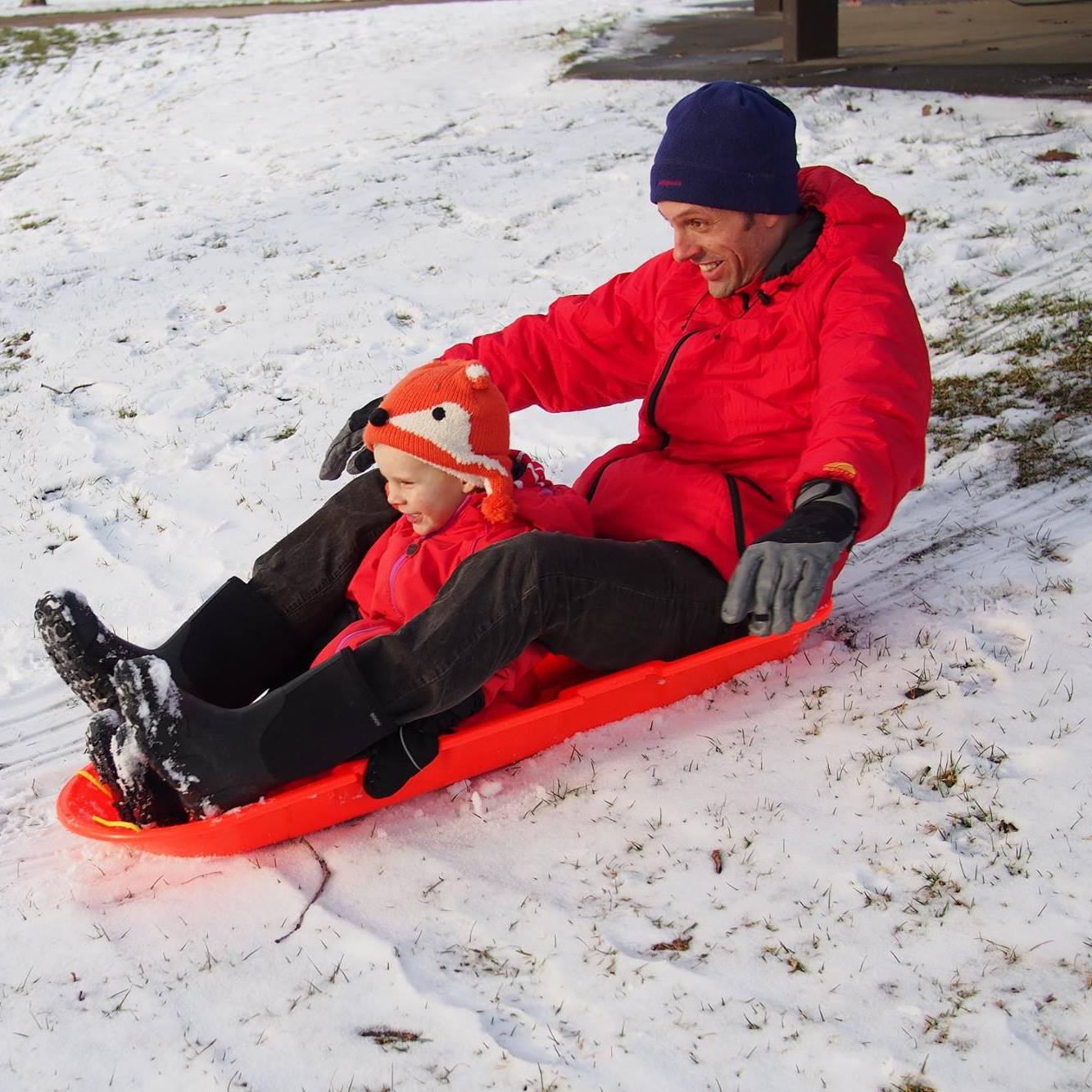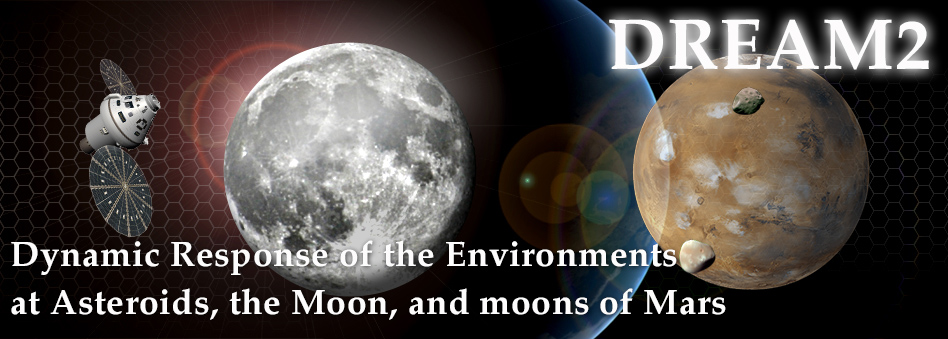Dynamic Response of the Environments at Asteroids, the Moon, and moons of Mars
 |
Jasper Halekas
1. What is your role on the DREAM2 team?
I am the lead investigator for Team Plasma. I also contribute with my own research, which mostly focuses on analyzing space physics data sets to understand how the plasma environment around the Moon and small bodies responds to external influences like the solar wind, and how it couples to the surface and neutral exosphere.
2. What about DREAM2 do you find most interesting? Most challenging?
DREAM2 is a fantastic team because it is so multi-disciplinary. It is constantly interesting and intellectually challenging learning how to talk to people with other specialties, and finding the points where different disciplines interface. DREAM2 (and DREAM before it) is all about building from those interconnections.
3. Were you a part of the original DREAM team, funded through the NASA Lunar Science Institute? If so, what was your favorite science result?
I was a part of DREAM. My favorite result was a series of studies (still ongoing) showing that the presence of the Moon actually disturbs the plasma environment around it to great distances - 10's of thousands of kilometers or more.
4. What other NASA programs or missions have you participated in?
I started my career working on Lunar Prospector and Mars Global Surveyor. I'm now working with data from the ARTEMIS and LADEE missions, as well as serving as the instrument lead for the Solar Wind Ion Analyzer on the MAVEN mission to Mars, and as the instrument scientist for the electron instruments on the Solar Probe Plus mission (now in development).
5. What kind/level of education do you have?
Ph.D. Physics from U.C. Berkeley, B.S. Physics, B.S. Math from University of Washington
6. What advice do you have for students who want to work for NASA or on NASA-related research?
Get started early! I've been working on NASA-related research since the summer before my freshman year of college at the University of Washington. Universities have a tremendous number of opportunities for undergraduate research, and there's no better way to find out if you want a career in space physics than trying it out early.
7. What are your favorite things to do outside of work?
Chasing my 3-year old and making faces at my 4-month old. Also sleeping, but I don't get to do that much, as you might guess from the preceding.


